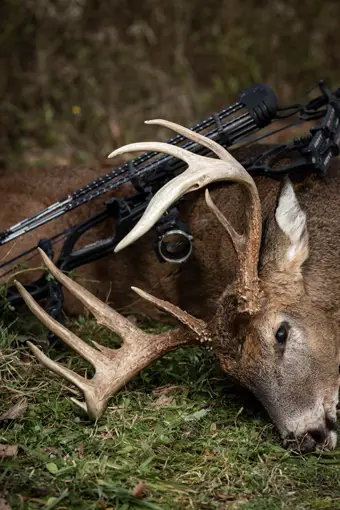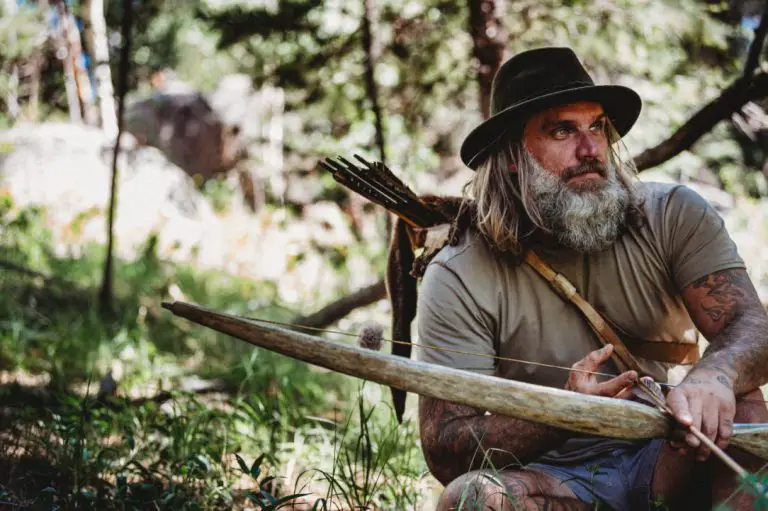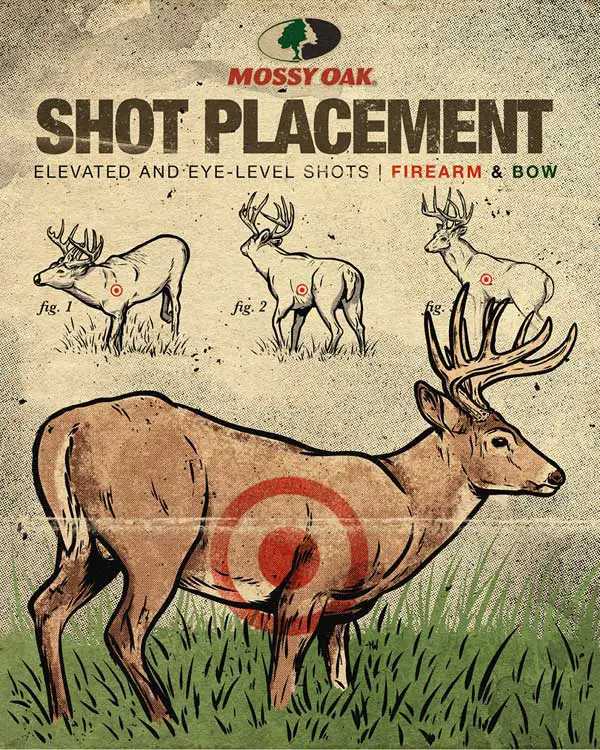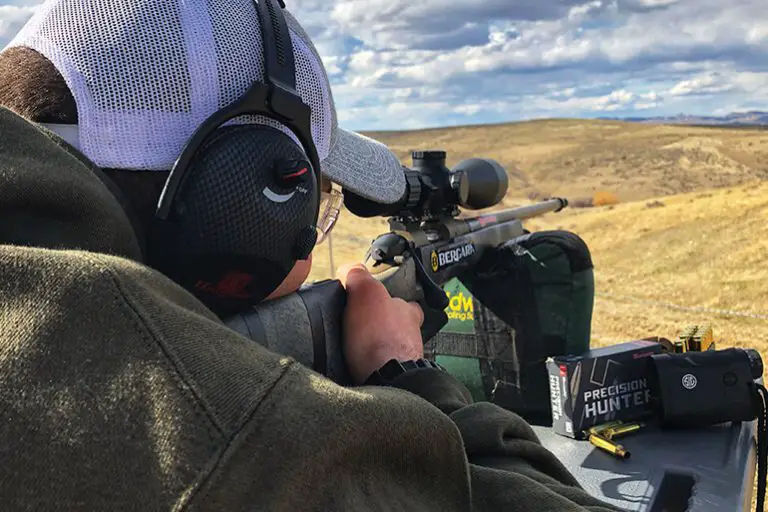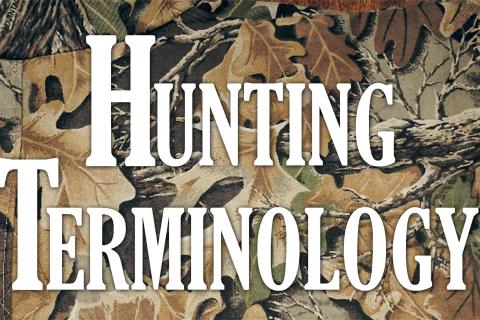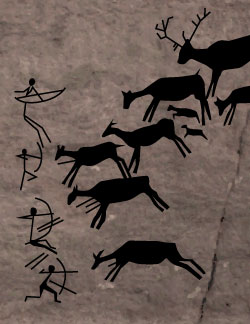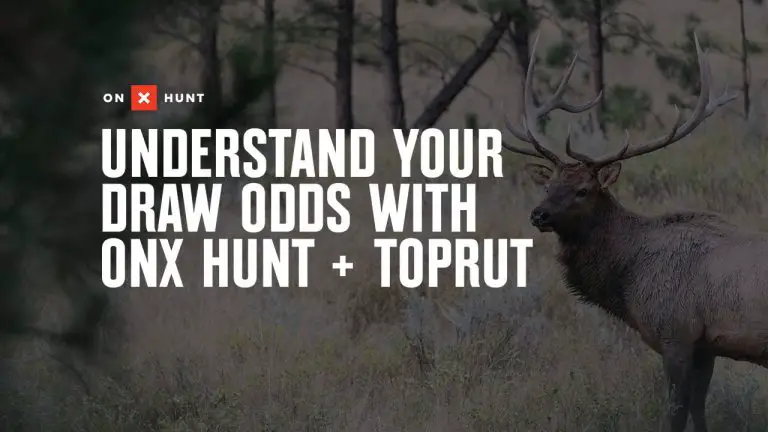Impact of Bow Hunting on Conservation
Bow hunting has a positive impact on conservation efforts by controlling wildlife populations and contributing to habitat conservation through the funding it generates. It also helps maintain balance in ecosystems and supports long-term biodiversity.
Bow hunting is an effective method for managing animal populations as it targets specific individuals, reducing the risk of overpopulation and ensuing ecological damage. Additionally, revenue generated from licenses and fees directly contributes to conservation efforts, including habitat preservation and wildlife management initiatives.
This sustainable approach to hunting allows for the coexistence of humans and wildlife while ensuring the long-term health of natural ecosystems. As a result, bow hunting plays a vital role in conservation and contributes positively to the overall balance of nature.
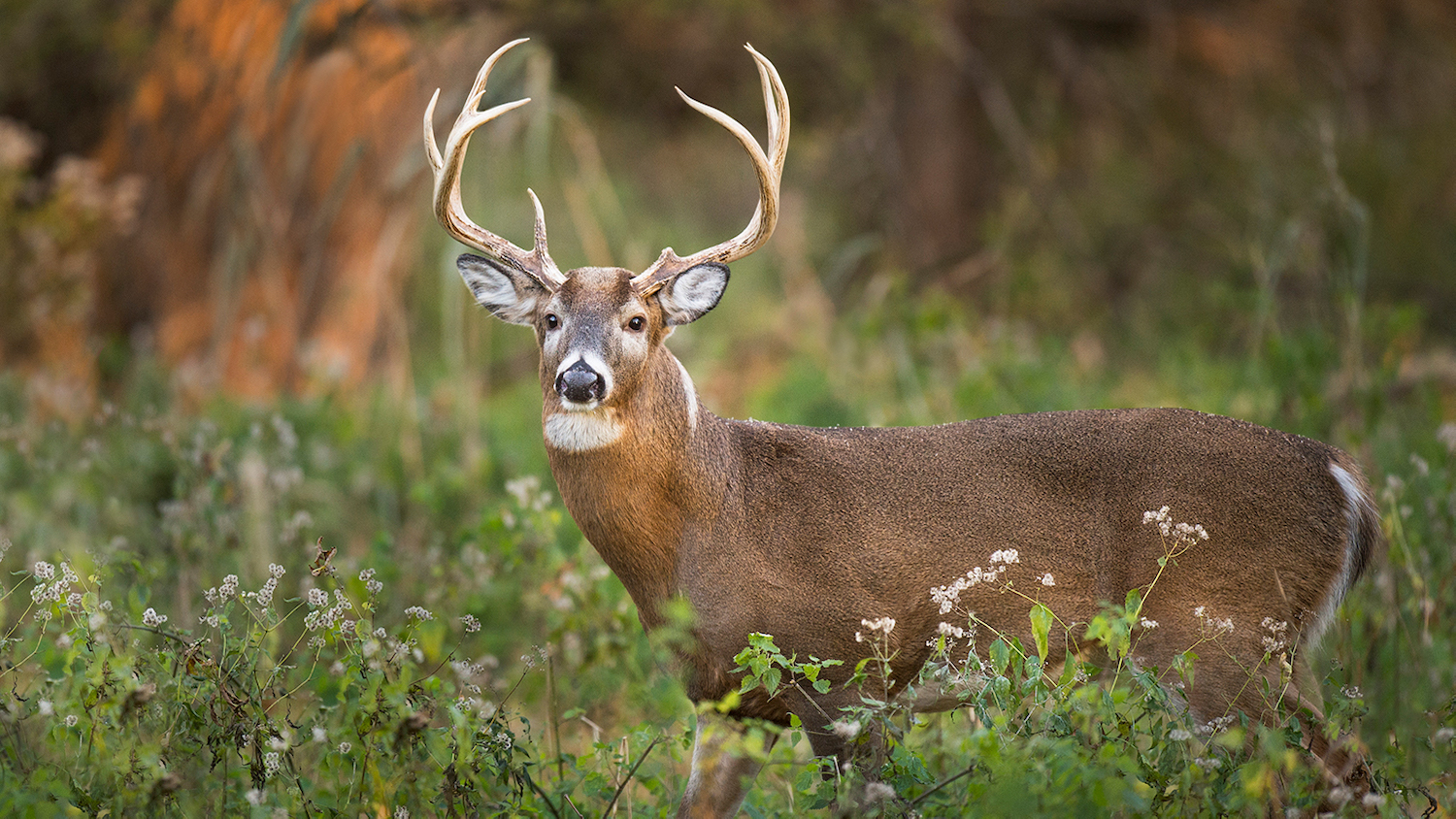
Credit: cnr.ncsu.edu
Understanding The Positive Impact Of Bow Hunting On Wildlife
Bow hunting has a positive impact on wildlife conservation. It is a sustainable method of managing wildlife populations. This hunting technique helps control animal populations effectively. Additionally, it aids in the conservation of endangered species. Bow hunting plays a crucial role in preserving the delicate balance of ecosystems.
By selectively hunting certain species, population levels can be maintained, reducing the risk of overpopulation. This helps to prevent damage to natural habitats and reduces the competition for resources among wildlife. The controlled hunting also ensures that endangered species are protected, as their populations can be closely monitored and managed.
Through responsible bow hunting practices, wildlife conservation efforts can be supported, benefiting both ecosystems and endangered species.
Economic And Environmental Benefits Of Bow Hunting
Bow hunting has a significant impact on conservation efforts, both economically and environmentally. The economic contribution of bow hunting to conservation cannot be overlooked. Bow hunting generates revenue through licensing fees, equipment sales, and tourism, which directly fund wildlife conservation initiatives.
Moreover, bow hunting helps control the population of certain species, preventing overgrazing and preserving the balance of ecosystems. It also promotes habitat preservation by reducing the risk of habitat destruction caused by overpopulated animals. This form of hunting encourages hunters to engage in responsible practices such as selective harvesting and practicing fair chase ethics.
Bow hunters have a deep connection with nature and are passionate about preserving the environment. Consequently, bow hunting plays a vital role in supporting conservation efforts and maintaining healthy wildlife populations, making it an essential tool for sustainable resource management.
Ethical Considerations And Responsible Bow Hunting Practices
Bow hunting has a significant impact on conservation efforts, involving ethical considerations and responsible practices. It is crucial to highlight the importance of ethical bow hunting to ensure the preservation of wildlife populations. By practicing responsible techniques, bow hunters can minimize the risk of causing unnecessary harm to animals and the environment.
Conservation education plays a vital role in promoting ethical bow hunting. It helps hunters understand the principles of sustainability and the need for maintaining a balanced ecosystem. By adhering to these principles, bow hunters contribute to the conservation of wildlife habitats and promote a healthy ecosystem.
Education and awareness are key elements in ensuring that bow hunting is conducted in a responsible and sustainable manner, respecting both the welfare of animals and the conservation of nature.
Frequently Asked Questions On Impact Of Bow Hunting On Conservation
How Does Bow Hunting Impact Conservation Efforts?
Bow hunting plays a significant role in conservation efforts by helping manage animal populations, preventing overpopulation, and promoting healthy ecosystems. When done responsibly and within regulations, bow hunting can help restore balance to wildlife populations and protect natural habitats.
What Are The Benefits Of Bow Hunting For Conservation?
Bow hunting provides several benefits for conservation, including generating revenue for conservation programs through hunting fees, supporting habitat preservation, and contributing to wildlife research and management. It also encourages wildlife appreciation and fosters sustainable use of natural resources.
Does Bow Hunting Contribute To Wildlife Conservation?
Yes, bow hunting contributes to wildlife conservation by controlling populations, preventing habitat destruction from overgrazing, and reducing the spread of diseases among animals. It supports the conservation of threatened or endangered species and helps maintain a healthy balance within ecosystems.
Bow hunting promotes the sustainable and ethical use of wildlife resources.
Conclusion
Bow hunting plays a significant role in the conservation of wildlife populations and ecosystems. By selectively targeting specific species and contributing to population control, bow hunters help maintain a balance between animal populations and their environments. This targeted approach allows for a more sustainable and natural way of managing wildlife, ultimately benefiting both animals and their habitats.
Additionally, the financial contributions from hunting licenses and permits support conservation efforts, such as habitat preservation and research initiatives. Moreover, bow hunting promotes ethical hunting practices, emphasizing the importance of fair chase and respect for the natural world. By following these principles, bow hunters help preserve the delicate balance of ecosystems, ensuring their long-term health and the survival of various species.
As more people become aware of the positive impact of bow hunting on conservation, it is crucial to continue supporting and advocating for responsible hunting practices to ensure a sustainable future for wildlife and their habitats.

